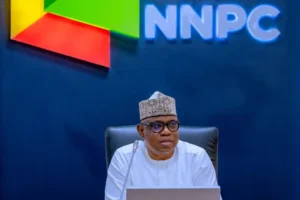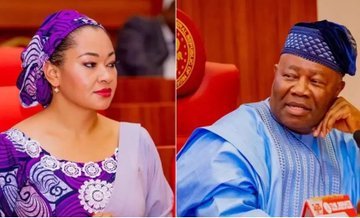Former Nigerian President, Chief Olusegun Obasanjo, has announced the establishment of the Olusegun Obasanjo Leadership Institute (OOLI), a platform aimed at addressing Africa’s persistent leadership challenges.
In a statement released by his Special Assistant on Media, Kehinde Akinyemi, Obasanjo described the new institute as a movement designed to close the leadership gaps hindering development across the continent.
He explained that although OOLI is not a military outfit, it will adopt some positive elements from military training, as well as methodologies from institutions like the National Institute for Policy and Strategic Studies, Kuru, Jos.
The former president emphasized that the goal is to nurture a new breed of conscientious, principled, and people-oriented leaders in Africa.
While inaugurating the governing board of the institute at the Olusegun Obasanjo Presidential Library in Abeokuta, Ogun State, the former President urged board members to prioritize the development of Africa’s greatest resource—its people.
“For more than 70 years, I have observed and engaged with the complex tapestry of Africa’s developmental journey,” Obasanjo stated.
“While our continent is rich in human and natural endowments, we have persistently fallen short in translating this potential into sustainable development, peace, and prosperity—largely because of deficits in leadership at various levels.”
He added, “The establishment of the Olusegun Obasanjo Leadership Institute is one of my earnest responses to this challenge.
“I conceived OOLI as a platform to raise and strengthen leaders who are not only equipped for today’s realities but also prepared to navigate the complexities of tomorrow.”
Obasanjo further revealed that the institute has secured the approval of the National Universities Commission (NUC) and will operate as an affiliate of the Bells University of Technology. With this, OOLI is set to fully commence its academic and leadership development programmes.
The former President also recognized the efforts of African leaders who, in his view, have positively contributed to improving leadership across the continent. He praised Ghana’s President John Mahama, Mauritius’ Ameenah Gurib-Fakim, South Africa’s former President Kgalema Motlanthe, and Senegal’s former President Macky Sall for their roles in reshaping Africa’s leadership narrative.











